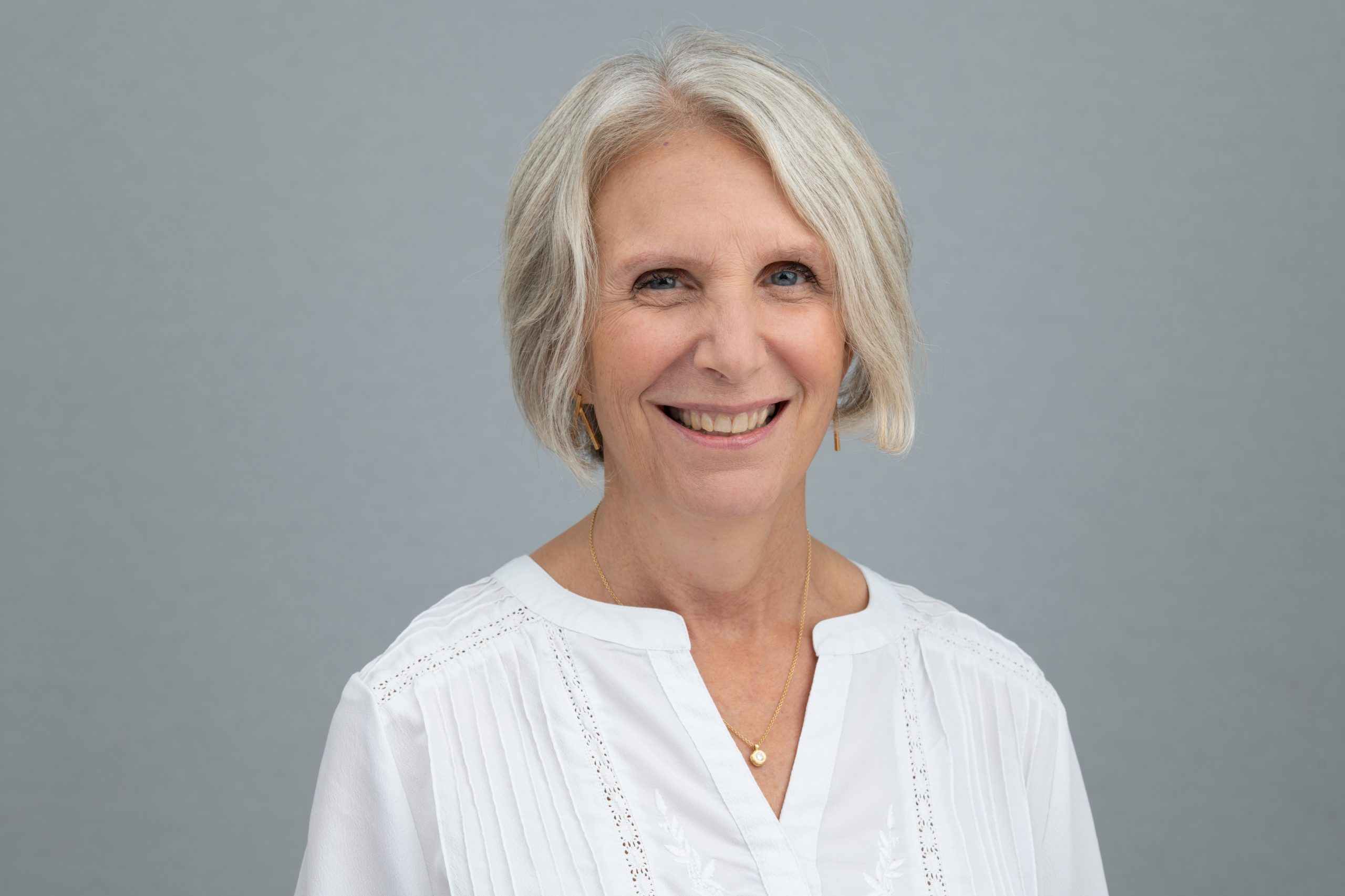 Case Studies
Case Studies
Mr. Cohen, a senior citizen, is a widower who suffers from limited mobility and enjoys listening to classical music. He told his daughter-in-law that he could no longer remain in his home as the neighbors were mistreating him and impeding his enjoyment of life. The neighbors, in response, claimed that Mr. Cohen was a man who constantly complained. They denied his allegations.
The mediation meeting was held with Mr. Cohen, his daughter-in-law and the neighbors. After two hours of discussion, the parties decided that they wanted to begin their relationship anew. They debated which actions could be agreed on and taken by each side to allow them to move forward peacefully. They came to an agreement.
The neighbors signed the contract, agreeing to a new and better way of communicating with one another. Mr. Cohen concluded by saying: “Thank you for giving me back my life, allowing me to enjoy my coming years”.
 Articles and Relevant Content
Articles and Relevant Content
Peacing it together, Nurit Bachrach, The Jerusalem Post, August 16, 2005
Virus and Mediation, A Pox on both your Houses, Nurit Bachrach, the Times of Israel, March 16, 2020
 Program Staff
Program Staff
Joni Orbach has a Bachelor’s degree in History and Education from Queens College, a Master’s degree in Education from Lander College of Arts & Sciences, and a second Master’s degree in Conflict Resolution, Management, and Negotiation at Bar-Ilan University. In 2003, she began working at Mosaica. In 2011, she was appointed Director of the Center for Mediation and Consensus Building in Jerusalem. She specializes in mediation and consensus building in communities, conflict resolution training, family, divorce, and intergenerational mediation and is also a “mahut” (Court-certified) mediator in conflict resolution cases.
She developed and adapted a conflict resolution training model and teaches it across the country. She is also certified by the Court systems as an instructor of the Mediation Practicum course, for individuals training to become mediators.
50 Volunteers: Professional, Experienced, Qualified Mediators
For additional information, please contact:
gishur@mosaica.org.il
052-6553324

